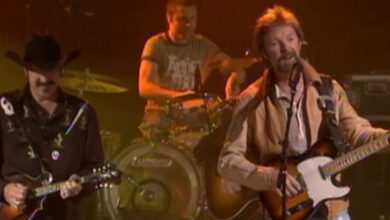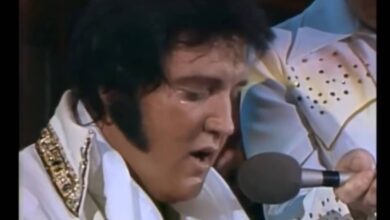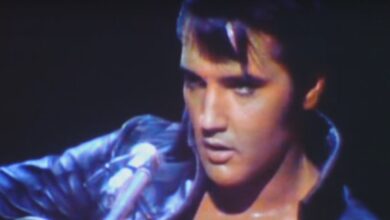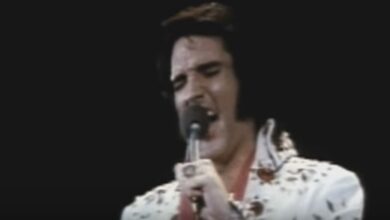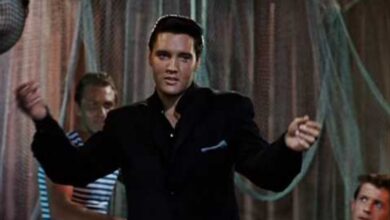When Country Music Was Both Genuine and Real
Faron Young, born in 1932 in Shreveport, Louisiana, left an indelible mark on country music with his rich baritone voice and charismatic stage presence. He burst onto the scene in the early 1950s and quickly became known for his smooth delivery of honky-tonk and country ballads. Young’s career was not just defined by his vocal talents; he was also a savvy businessman who understood the importance of publishing rights and song ownership—a trait that would later benefit Willie Nelson immensely.
Young’s entry into the Grand Ole Opry at just 20 years old underscored his rapid rise in the country music world. Hits like “Live Fast, Love Hard, Die Young” and “Country Girl” solidified his reputation as a chart-topping artist during the genre’s golden era. His ability to blend traditional country themes with a modern sensibility endeared him to audiences across the United States.
In 1961, Young’s decision to record “Hello Walls,” penned by a struggling songwriter named Willie Nelson, proved pivotal for both artists. The song’s simple yet poignant lyrics, where a heartbroken man speaks to his surroundings after a breakup, struck a chord with listeners. Its crossover success onto the Billboard Hot 100 highlighted its broad appeal beyond country music circles. This single catapulted Young further into stardom and solidified Nelson’s emergence as a formidable songwriter in Nashville.
An intriguing twist in the story unfolded when Nelson, facing financial hardship, offered to sell the song outright to Young for $500. Recognizing its potential, Young instead lent Nelson the money to keep the publishing rights—a gesture that would yield Nelson $20,000 from his first royalty check alone. This financial windfall marked a turning point in Nelson’s career, enabling him to continue writing and performing music that would define the outlaw country movement in the following decades.
“Hello Walls” became not just a song but a cultural phenomenon, inspiring numerous covers and even an answer song, “Hello Fool,” which mirrored its emotional themes. The song’s enduring popularity attests to its timeless quality and the skill with which both Young and Nelson brought it to life.
Despite Young’s successes, his life was not without personal challenges. Tragically, in 1996, he died from a self-inflicted gunshot wound, underscoring the complexities of fame and the personal struggles that often accompany it. Throughout his career, Young amassed an impressive catalog of 89 charting singles, cementing his legacy as a pioneer in the country music industry.
Today, Faron Young is remembered not only for his vocal talents and chart-topping hits but also for his influence on subsequent generations of country artists. His contributions to the genre continue to resonate, making him a revered figure in the annals of American music history. For those interested in delving deeper into his life and music, numerous resources and recordings provide a comprehensive look at his enduring impact on country music.
&ab_channel=Jendor09
